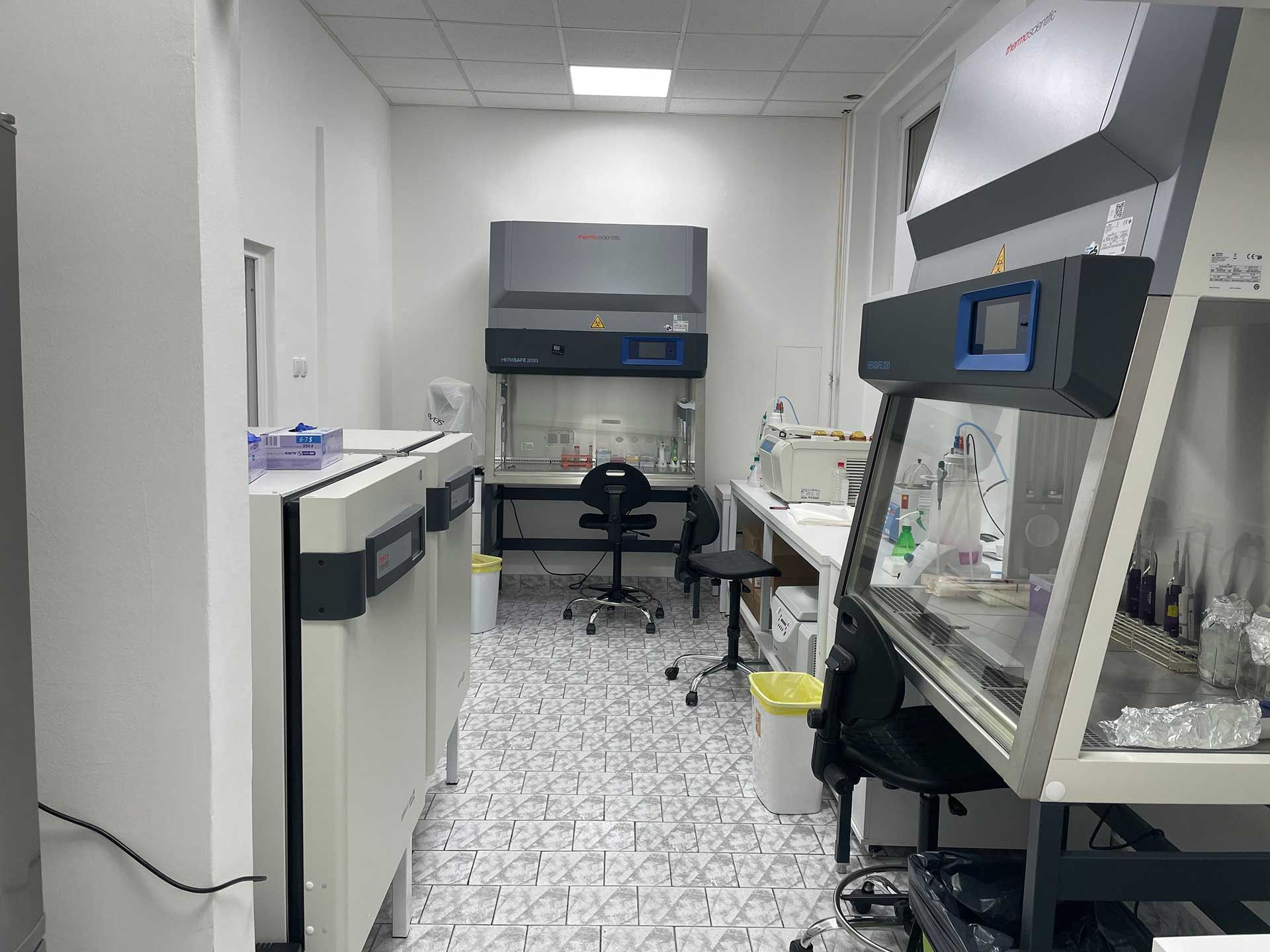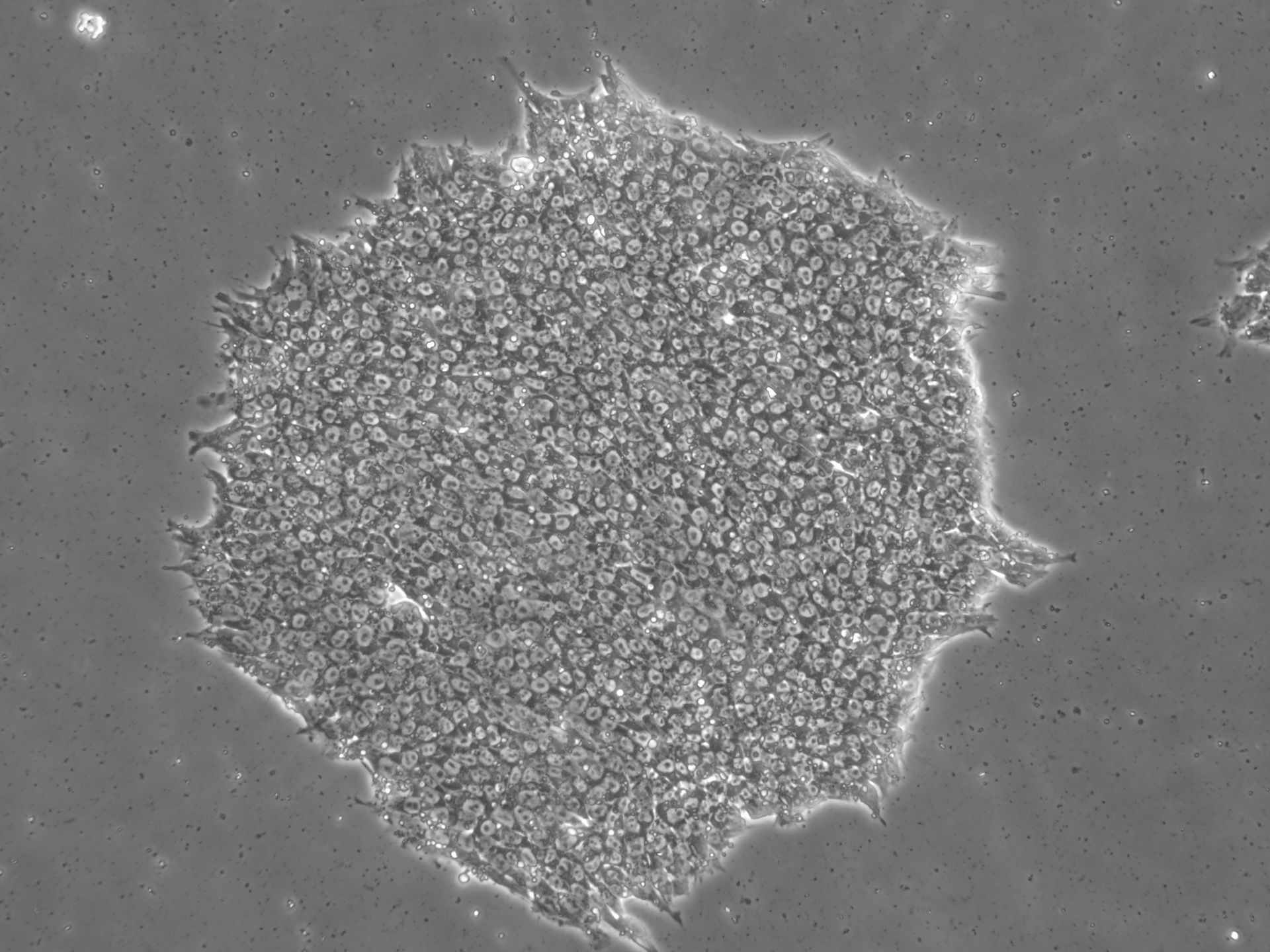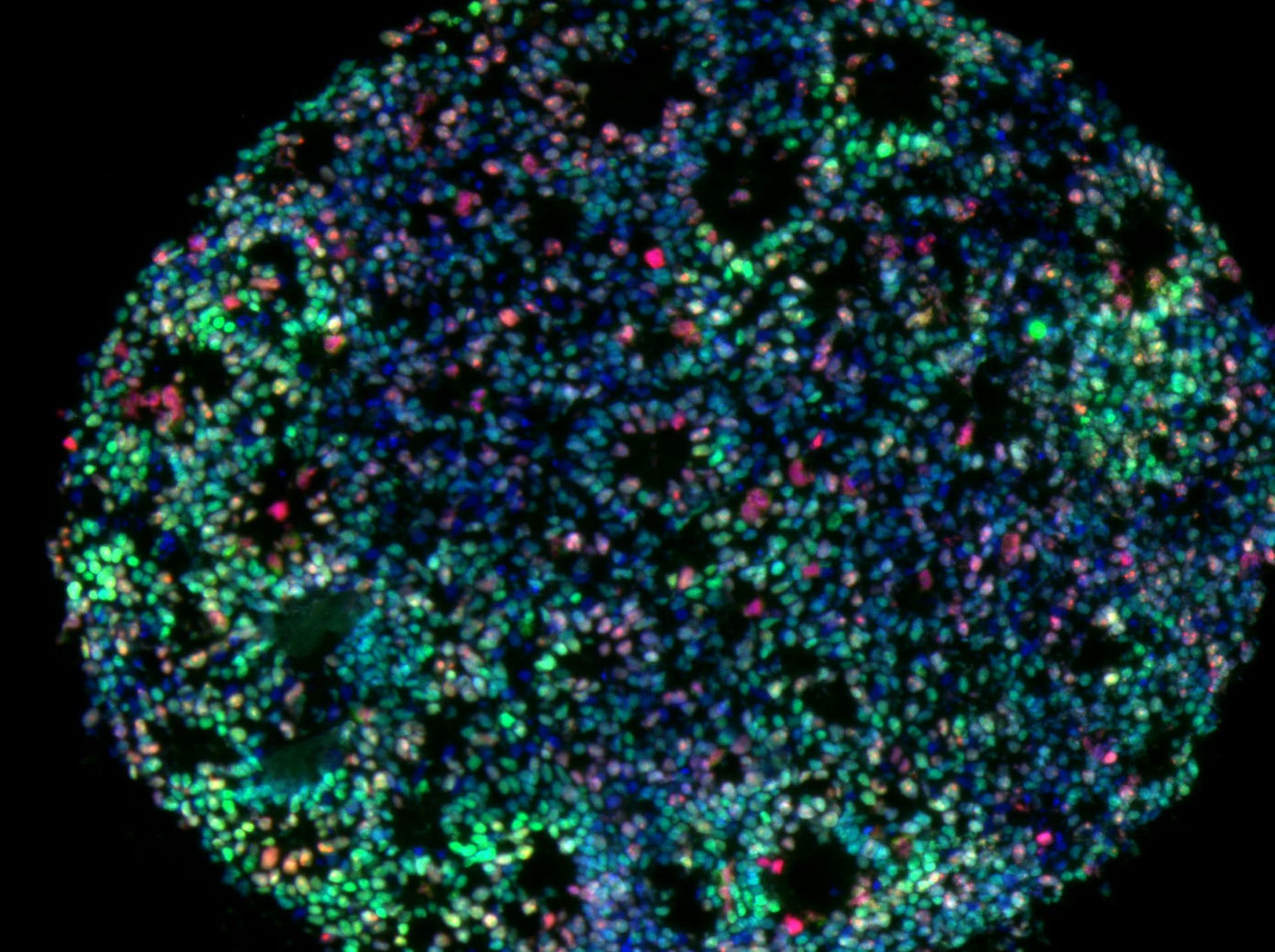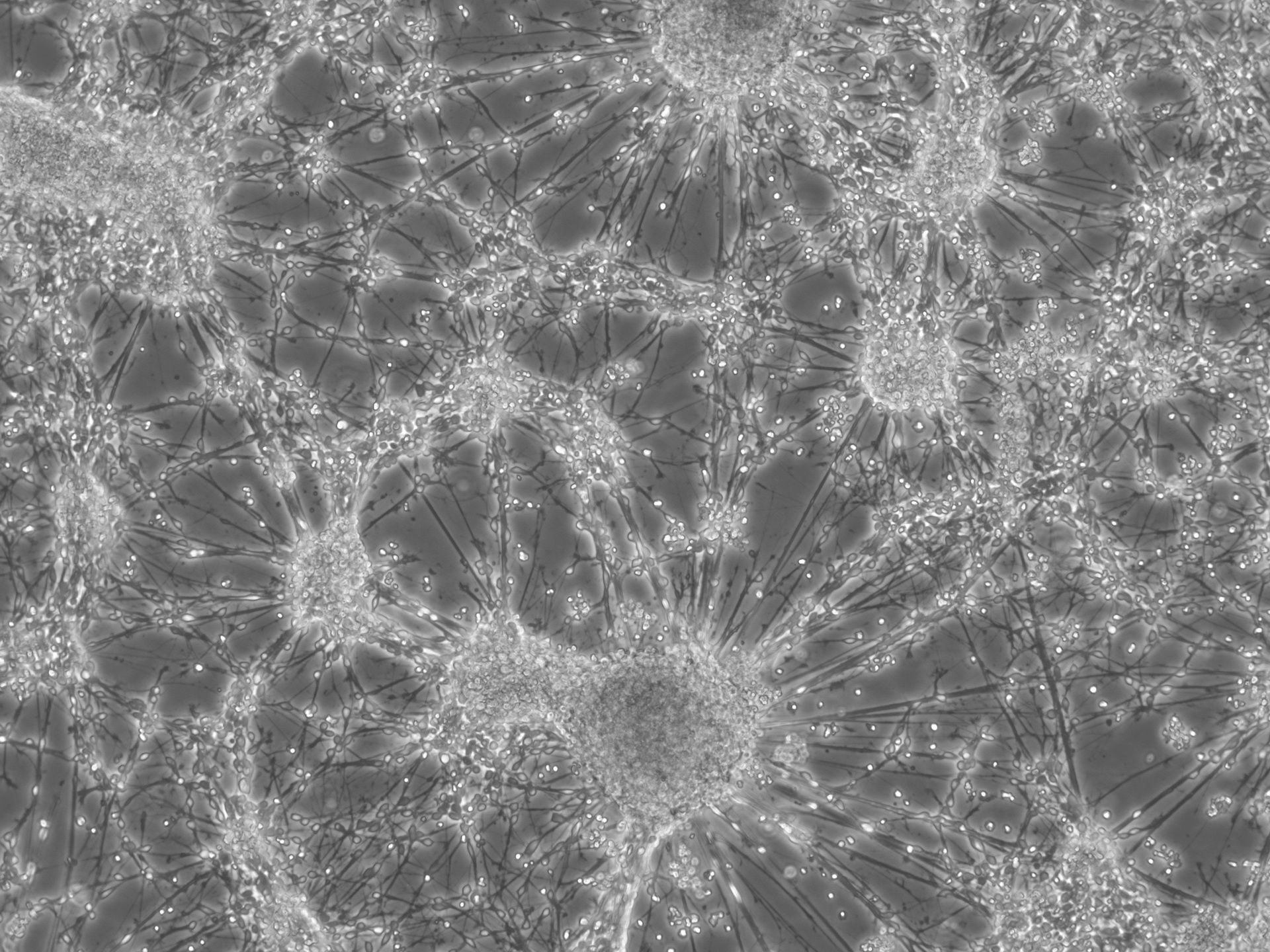Unit for modeling neurodevelopmental disorders
Neurodevelopmental disorders (NDDs), such as intellectual disability, autism spectrum disorders, аttention deficit hyperactivity disorder (ADHD), schizophrenia, and bipolar disorder, represent a group of complex and heterogeneous disorders caused by changes in early brain development. The prevalence of NDDs is 10-15%, with a tendency to increase in the last few years. NDDs have a high socio-economic impact and affect the cognitive, social, and motor abilities of the patients. Treatments for NDDs are focused on the symptoms because the molecular mechanisms underlying NDDs are still poorly understood.

The Unit for Modeling Neurodevelopmental Disorders, as an integral part of the STREAMLINE HUB, focuses on studying molecular mechanisms underlying NDDs. It was formed in 2024 as a result of activities carried out within the Horizon Europe Twinning project, STREAMLINE.



Activities:
-
Generation and characterization of induced pluripotent stem cells (iPSCs)
-
Neural differentiation
-
In silico prediction of potential therapeutic target sites
-
Developing 3D model systems
-
Developing co-cultures
-
Developing systems for testing compounds
-
Examining the basic properties of cells (viability, proliferation, cell death, migration)


